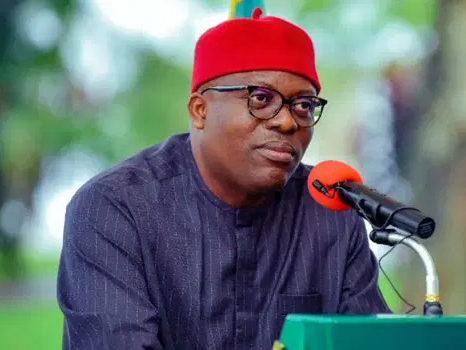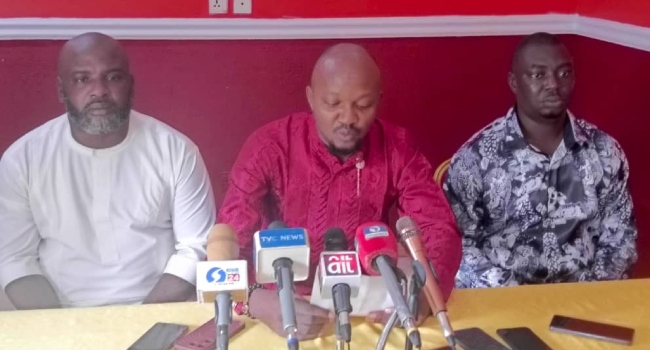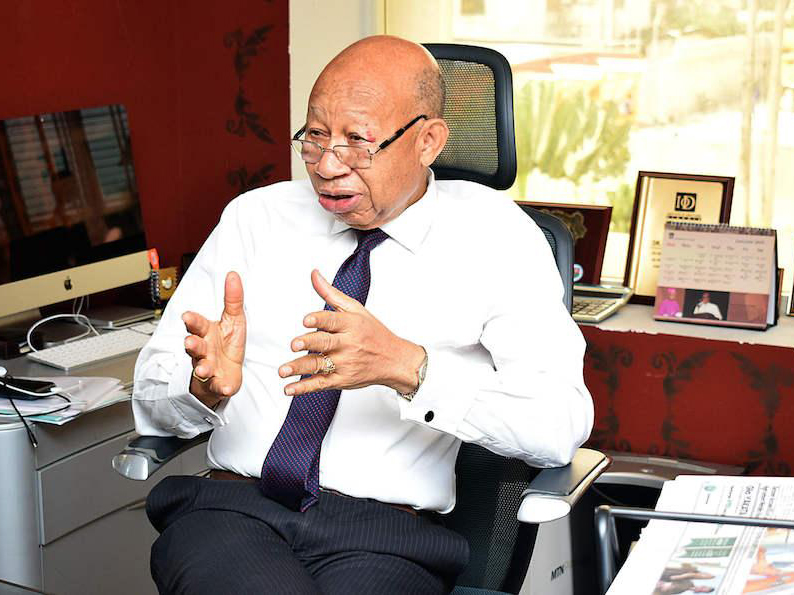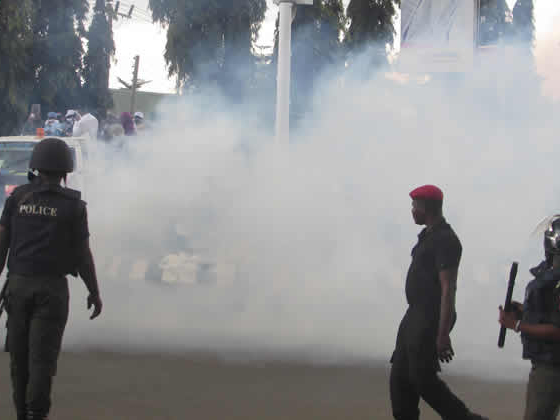The United States-based Institute of Law Research and Development (ILAWDUN) issued a stern call on Monday, urging President Bola Tinubu to lift the suspension of Rivers State Governor Siminalayi Fubara. The institute cautioned that failing to do so could leave an indelible mark on his legacy, accusing the move of jeopardizing Nigeria’s democratic framework and constitutional integrity.
In a statement penned by Prof. Cyprian Edward-Ekpo, ILAWDUN’s Director and a Professor of International Environmental and Public International Law, the group condemned the suspension and the accompanying state of emergency in Rivers State as a perilous precedent for Nigerian democracy. “Should the Supreme Court validate this emergency decree and the sidelining of a democratically elected governor and legislature by another elected official, your legacy will bear a lasting scar,” he warned. “History will cast you as the President who eroded constitutional norms and sanctioned illegality. A state of emergency demands a clear collapse of law and order beyond the Nigeria Police Force’s control—conditions absent in Rivers State.”
ILAWDUN argued that suspending a duly elected governor and legislature lacks constitutional grounding unless underpinned by a verifiable breakdown of public order, which they assert did not occur. Such actions, they contended, paint Tinubu as a leader dismissive of legal principles. With the Supreme Court currently reviewing a challenge to the suspension brought by seven opposition governors, Edward-Ekpo cautioned that dodging a substantive ruling—perhaps through technical dismissals—would deepen skepticism about the judiciary and Tinubu’s democratic credentials. “The Justices cannot, in good faith, uphold this blatant constitutional breach,” he said. “A dismissal on procedural grounds or orchestrated maneuvering would signal judicial capitulation under your sway, further undermining trust in both the courts and your leadership.”
The institute pressed Tinubu to act decisively by reversing the suspension and recommitting to democratic values, stressing that Nigeria’s democratic institutions hang in the balance.












